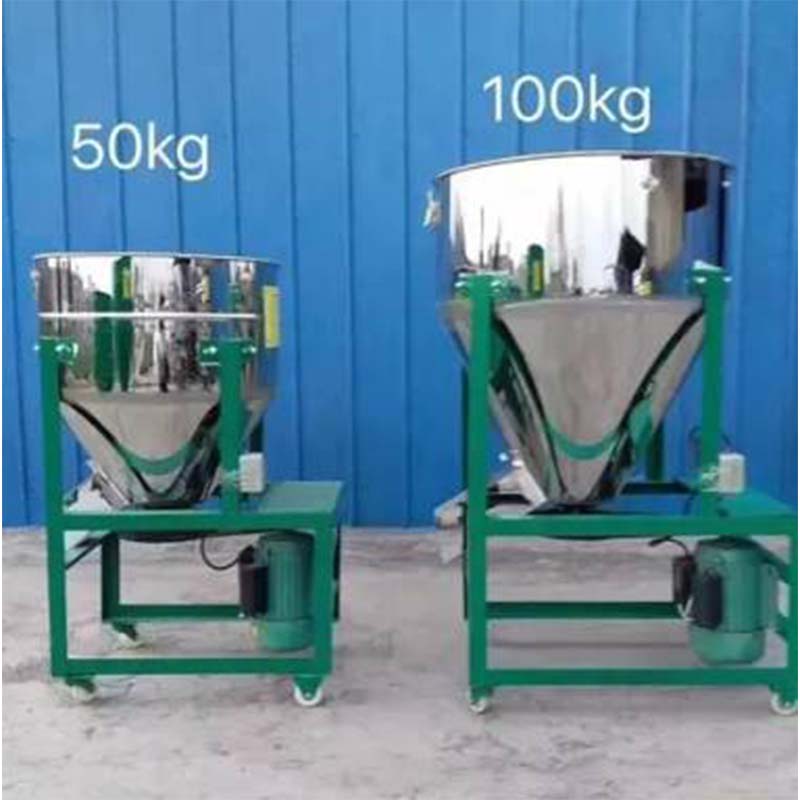egg tray production machine
ធ្នូ . 11, 2024 12:15 Back to list
egg tray production machine
The Egg Tray Production Machine Revolutionizing Packaging Solutions
In the modern world, the demand for sustainable packaging solutions has escalated dramatically, especially in industries dealing with perishable goods. One of the most noteworthy advancements in this arena is the egg tray production machine. This innovative piece of equipment not only caters to the packaging needs of the egg industry but also promotes eco-friendly practices by utilizing recycled materials.
Understanding Egg Tray Production Machines
Egg tray production machines are specialized systems designed to convert waste paper and cardboard into sturdy, lightweight trays that can securely hold eggs during transportation and storage. The process involves several stages pulping, molding, drying, and pressing.
1. Pulping The journey begins with the collection of used paper products, which are then shredded and mixed with water to create a slurry. This pulp forms the base material for the trays, ensuring that the product is fully recyclable and biodegradable.
2. Molding The pulp is then poured into molds that shape the trays into their final form. This process allows for the creation of trays in various sizes and shapes, tailored to meet specific customer needs. The molds can produce anything from standard egg trays to custom designs for different egg sizes, thus enhancing versatility.
3. Drying After molding, the wet trays are subjected to a drying process. This step is crucial, as it removes excess moisture, ensuring that the trays attain the necessary strength and durability. The drying process can involve natural drying in sunlight or accelerated drying using industrial heated systems, depending on production needs and capacities.
4. Pressing and Finishing Finally, the dried trays are pressed to achieve the desired finish, making them ready for packaging and distribution. This final step can also include quality checks and modifications to meet specific industry standards.
Benefits of Using Egg Tray Production Machines
egg tray production machine

The implementation of egg tray production machines comes with a multitude of benefits that extend beyond mere production efficiency
- Sustainability By using recycled paper and cardboard, egg tray production machines contribute significantly to reducing landfill waste. This aligns with global efforts toward sustainability, minimizing the environmental impact associated with packaging.
- Cost-Effectiveness Manufacturing trays from recycled materials cuts down costs compared to traditional packaging methods. Producers can save on raw materials, leading to reduced overall production costs and increased profitability.
- Customizability As mentioned earlier, these machines can produce various tray designs which can cater to different client requirements. This adaptability allows businesses to position themselves favorably in the market by offering unique packaging solutions.
- Automated Processes Modern egg tray production machines are often equipped with advanced automation technology, which enhances production efficiency. Automation reduces labor costs and minimizes human error, leading to a more consistent product.
- High Demand The rise in demand for organic and free-range eggs has increased the need for quality packaging solutions. Egg tray production machines enable suppliers to meet this growing market need effectively.
Conclusion
The advent of egg tray production machines marks a significant step toward environmentally responsible packaging in the food industry. By transforming recycled materials into functional egg trays, these machines not only address the packaging needs of the egg industry but also promote sustainability and cost-effectiveness. As global awareness of environmental issues continues to grow, the importance of such innovative solutions cannot be overstated. For producers looking to optimize their packaging processes while making a positive impact on the environment, investing in an egg tray production machine is undoubtedly a forward-thinking choice. These machines represent more than just a solution for packaging; they are a commitment to sustainability and innovation in the face of global challenges.
-
Automatic Feeding Line System - Anping Yize|Poultry Efficiency&Durability
NewsJul.29,2025
-
Automatic Feeding Line System-Anping County Yize Metal Products Co., Ltd.|Durable PP Material&Easy Maintenance
NewsJul.29,2025
-
Automatic Feeding Line System-Pan Feeder Nipple Drinker|Anping County Yize Metal Products Co., Ltd.
NewsJul.29,2025
-
Hot Sale 24 & 18 Door Rabbit Cages - Premium Breeding Solutions
NewsJul.25,2025
-
Automatic Feeding Line System Pan Feeder Nipple Drinker - Anping County Yize Metal Products Co., Ltd.
NewsJul.21,2025
-
Automatic Feeding Line System Pan Feeder Nipple Drinker - Anping County Yize Metal Products Co., Ltd.
NewsJul.21,2025






